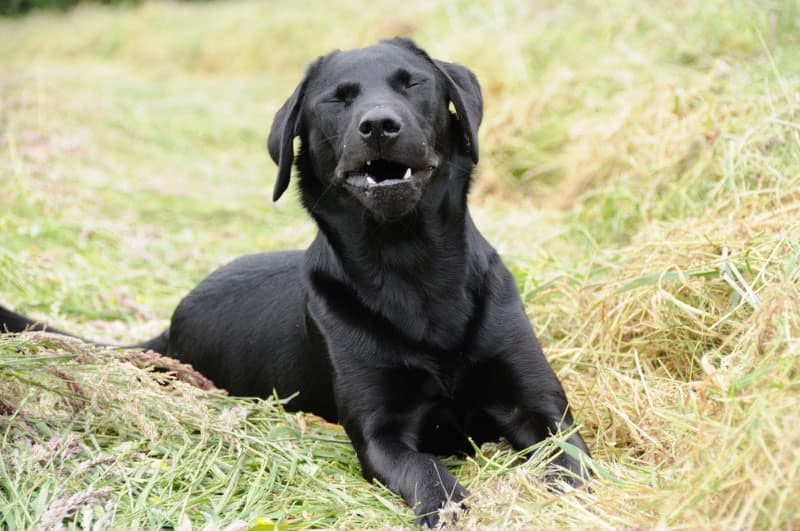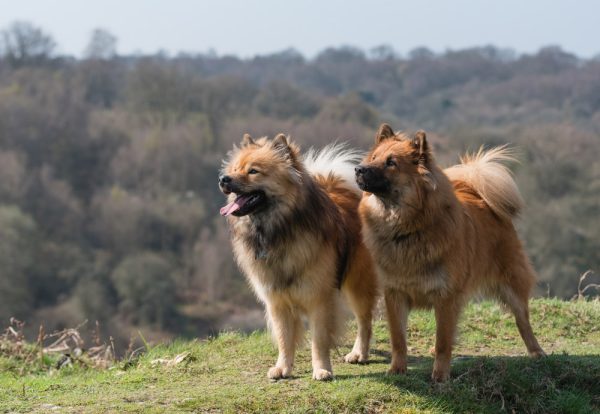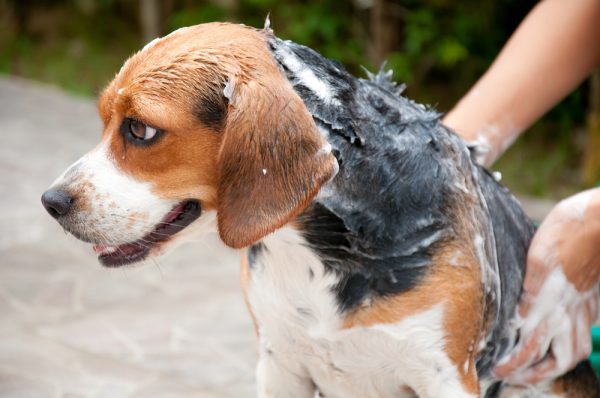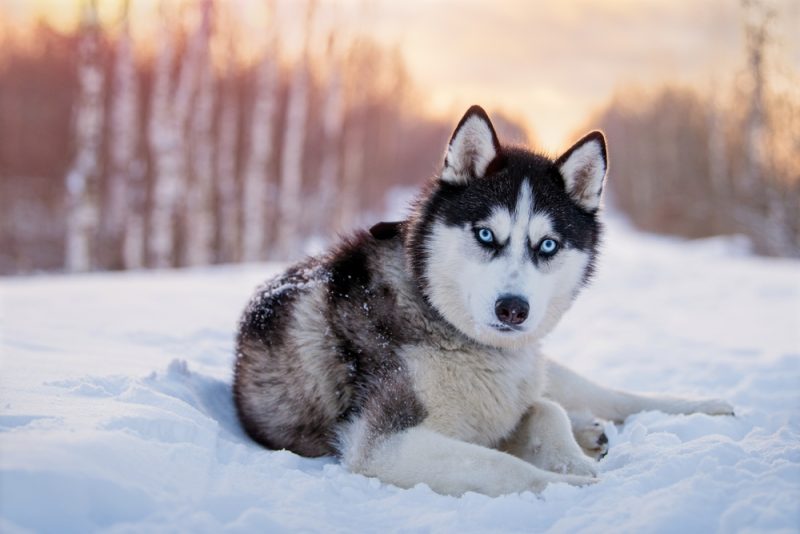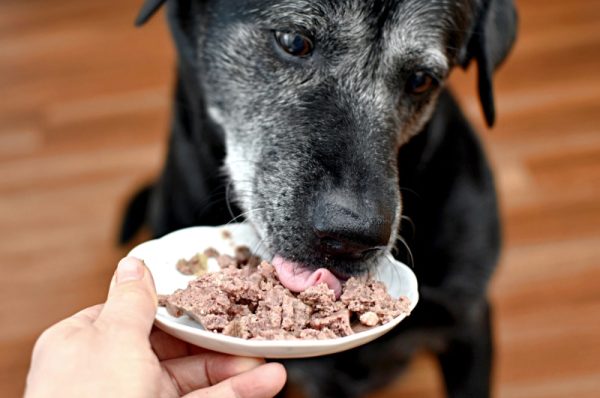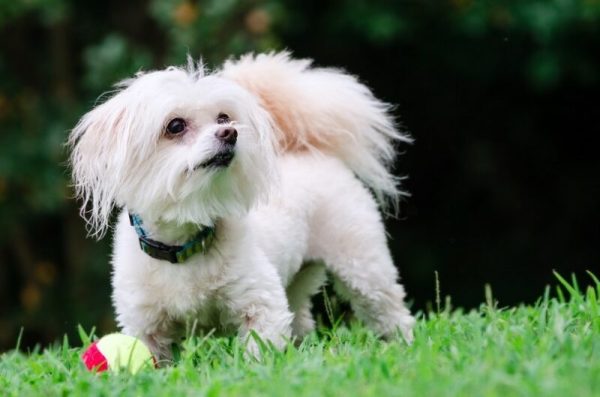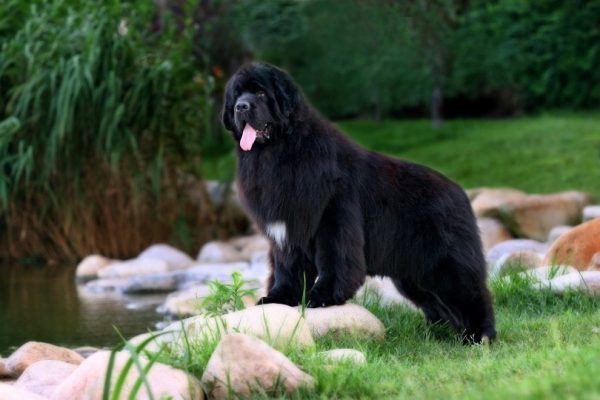It’s well known that dogs have a powerful sense of smell, and their amazing noses are an important element of their biological makeup. Like us, dogs can sneeze as a normal reflex to try and clear irritating particles from the nasal passageways, but they can also sneeze as a form of communication when they are feeling playful or excited! While sneezing is usually perfectly normal, there are times when it can indicate an underlying condition that should be checked out by a veterinarian.
The first step in understanding when sneezing is normal and when it might be a sign of something more serious is to learn the common reasons that dogs sneeze and what other signs to look out for. Here’s what every dog owner should know.

The 8 Reasons the Dogs May Sneeze
1. Airborne Irritants
Occasional sneezing often occurs if something has irritated a dog’s nose. This can be things like dirt or dust, but household products like air fresheners, perfume and smoke can also cause irritation. Usually the sneeze will get rid of the irritant and the sneezing should stop.
2. Something Stuck in Their Nose
Sometimes a dog will get a foreign body, like a grass seed or twig, stuck up their nose causing sneezing as the body tries to expel it. Foreign bodies usually cause severe irritation and discomfort, so if you notice your dog is suddenly sneezing repeatedly and they appear agitated or are pawing at their face, then contact your vet as soon as possible.
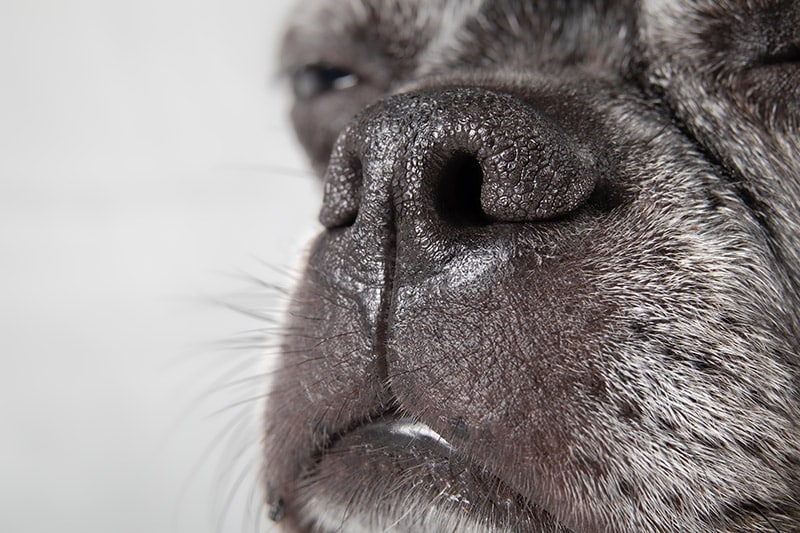
3. Allergies
Like humans, dogs can develop allergies to various things like pollen and dust mites. If your dog is sneezing because of allergies, they will likely show other signs, most commonly skin itchiness but also a runny nose and/or eyes.
4. Infections
Viral and bacterial upper respiratory tract infections can cause sneezing. Tooth root infections and abscesses may also affect the nose and cause sneezing. Keep in mind that if your dog’s sneezing is due to an infection, they will typically display other signs, such as coughing, a nasal discharge and lethargy.
Dogs can also get fungal infections of the nasal passages and sinuses which typically results in sneezing accompanied by a profuse (sometimes bloody) nasal discharge, and often facial pain and discomfort.
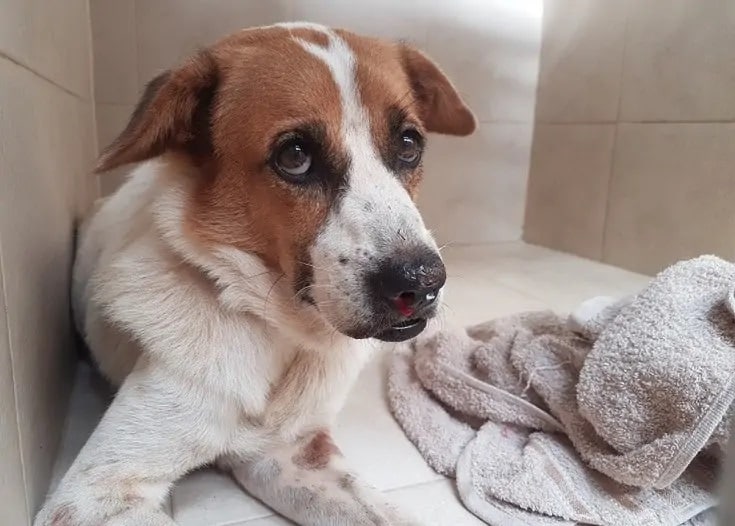
5. Playfulness and Excitement
Some dogs will sneeze (or what sounds like sneezing) when they are playing around with people or other dogs. They utilize play sneezing to let others know that they’re simply being playful and not offensive, to ensure that the situation stays upbeat and doesn’t become too serious. While being playful, dogs also curl their lips in fun, which can cause the body to sneeze as a reaction.
6. Anatomy
Brachycephalic (flat faced) dog breeds tend to have trouble breathing because of the way that their muzzle and throat are shaped. These dogs have nasal passages that are compressed, which means air does not flow freely through the nose, so sneezing is more common. Bulldogs, Pugs, and Boston Terriers are examples of dogs that are considered brachycephalic.

7. Growths inside the nose
Nasal tumors are an uncommon cause of sneezing but can obstruct breathing and cause sneezing that seems mild at first but gets more frequent and intense as time goes on. The bigger the tumor grows, the more sneezing there is likely to be. Tumors may cause bleeding from one nostril and swelling or distortion of the muzzle.
8. Nasal Mites
While nasal mites (Pneumonyssoides caninum), are not common problems among pet canines, they can be picked up by a pup when they dig into the earth and rub their noses on the surface. If mites get into a dog’s nose, it can cause signs like frequent sneezing, itching, and even nose bleeds. If these signs appear soon after your dog has had a digging experience outdoors, it’s a good idea to schedule a veterinarian appointment.
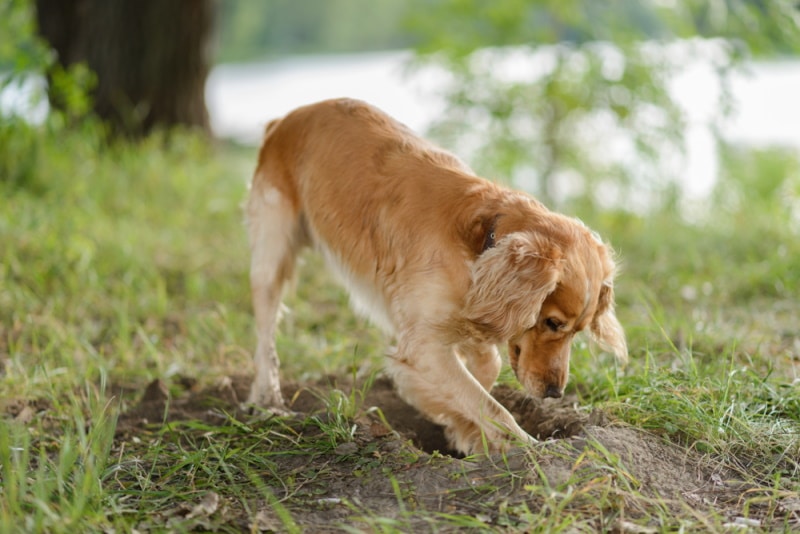

When to Worry About Your Dog’s Sneezing
Generally, there is nothing to worry about if your dog occasionally sneezes. The process is a natural protective reflex in most healthy dogs, just like in humans. However, if you notice that your dog is sneezing regularly, or that other signs accompany it like coughing or a nasal discharge, consult with your veterinarian. Even if it turns out to be nothing more than healthy sneezing, you will have peace of mind knowing that nothing serious is going on.
Your vet will examine your dog and check for any swellings or signs of pain. If your pet is continually sneezing, or is distressed or unwell, they may need to run further tests to diagnose the problem such as checking for infections, examining the nose with an endoscope or taking X-rays.
If you suspect your dog might be suffering from allergies, you should contact your vet.
If you need to speak with a vet but can't get to one, head over to PangoVet. It's our online service where you can talk to a vet online and get the advice you need for your pet — all at an affordable price!


Conclusion
Dogs can sneeze for various reasons, and many of these are harmless and a normal reaction. However, if you feel that your dog continues to sneeze without a simple explanation or they are showing any other concerning signs accompanying their sneezes, don’t hesitate to contact your veterinarian for professional advice and guidance.
Featured Image Credit: RHIMAGE, Shutterstock
